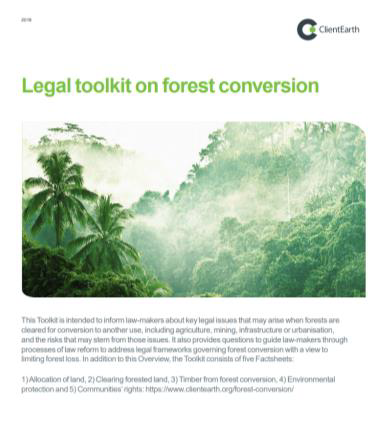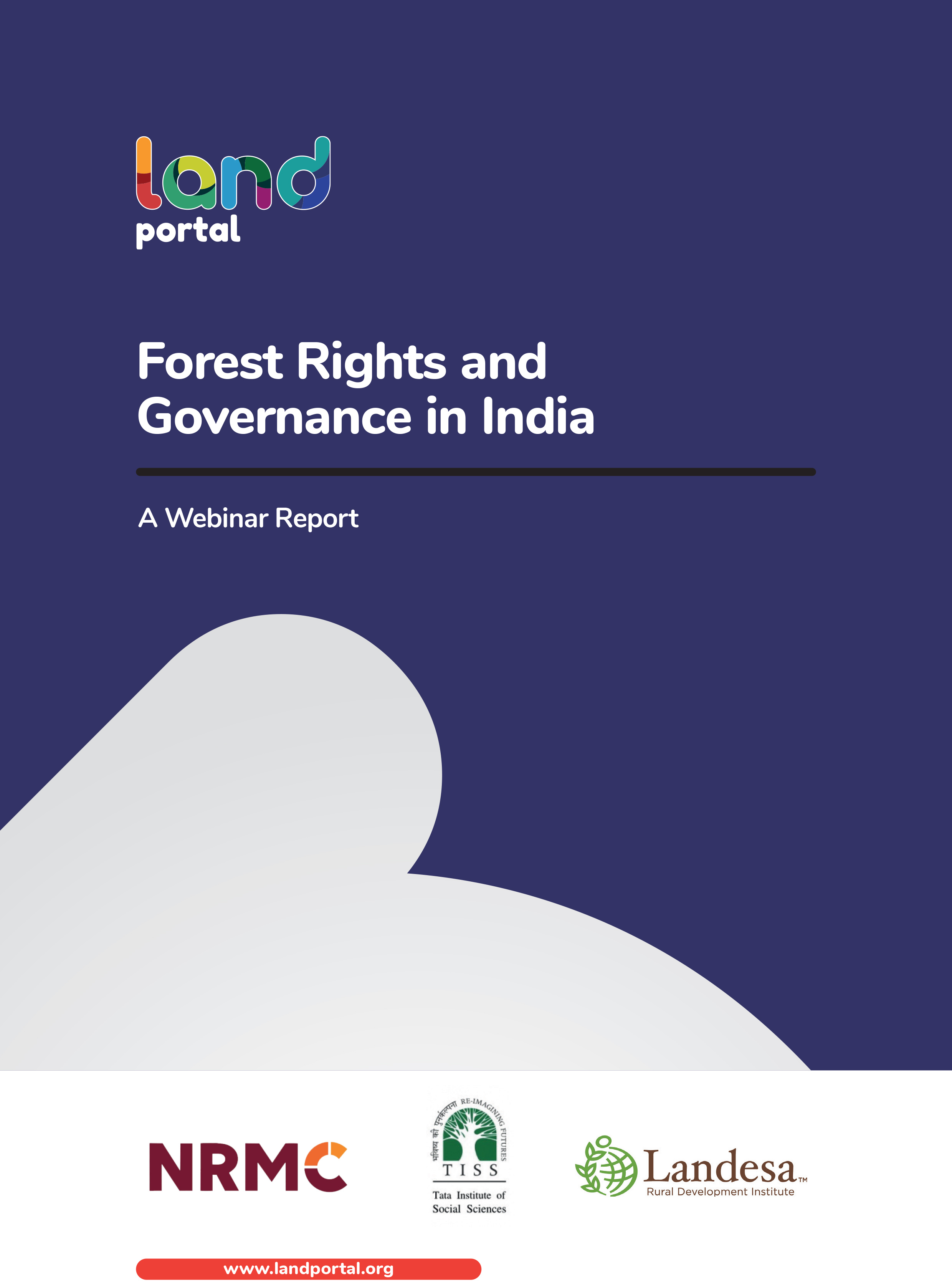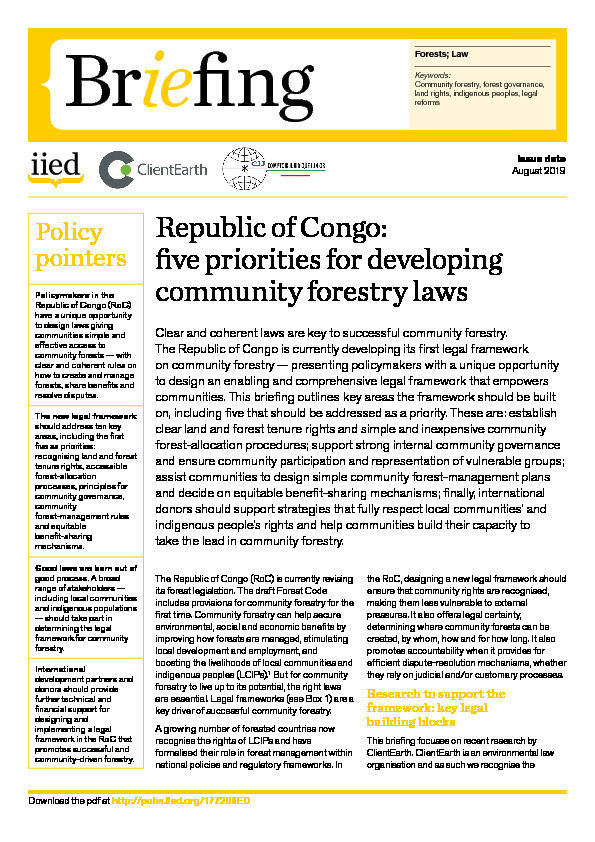Who counts most? assessing human well-being in sustainable forest management
Who Counts Most? Assessing Human Well-Being in Sustainable Forest Management presents a tool, ‘the Who Counts Matrix’, for differentiating ‘forest actors’, or people whose well-being and forest management are intimately intertwined, from other stakeholders. The authors argue for focusing formal attention on forest actors in efforts to develop sustainable forest management.






